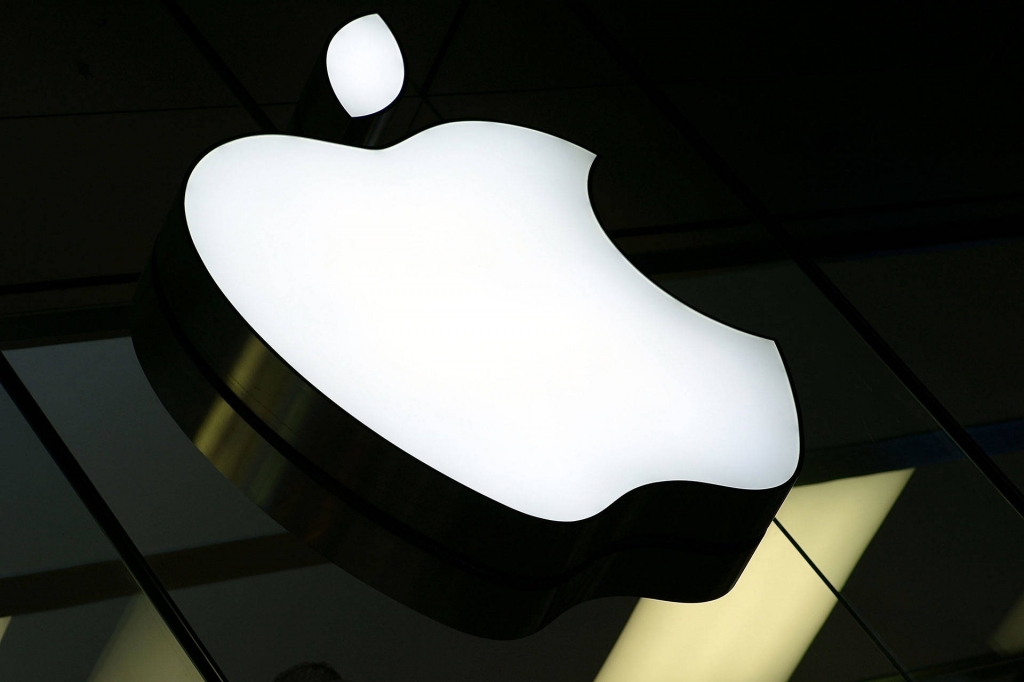-
Tips for becoming a good boxer - November 6, 2020
-
7 expert tips for making your hens night a memorable one - November 6, 2020
-
5 reasons to host your Christmas party on a cruise boat - November 6, 2020
-
What to do when you’re charged with a crime - November 6, 2020
-
Should you get one or multiple dogs? Here’s all you need to know - November 3, 2020
-
A Guide: How to Build Your Very Own Magic Mirror - February 14, 2019
-
Our Top Inspirational Baseball Stars - November 24, 2018
-
Five Tech Tools That Will Help You Turn Your Blog into a Business - November 24, 2018
-
How to Indulge on Vacation without Expanding Your Waist - November 9, 2018
-
5 Strategies for Businesses to Appeal to Today’s Increasingly Mobile-Crazed Customers - November 9, 2018
Five questions about the EU’s tax ruling against Apple
Today it has been reported that tech giant, Apple, will have to pay Ireland up to €13 billion in taxes after the European Commission’s intervention.
Advertisement
“Member States can not give tax benefits to selected companies – this is illegal under EU state aid rules”, Margrethe Vestager, the European competition commissioner, said in a statement.
The European Commission in 2014 accused Ireland of dodging worldwide tax rules by letting Apple shelter profits worth tens of billions of dollars from tax collectors in return for maintaining jobs.
The Irish government was prepared to allow Apple to pay next to nothing in tax if it meant creating jobs in Ireland.
For that reason the government has resisted pressure from other European nations to raise its tax rate on company profits from 12.5%, even though it relied on those nations for a bailout in the economic crisis that followed the bursting of a property bubble in 2007, which threatened to take down the country’s banking system.
Apple and Ireland said they would appeal the decision.
USA officials have criticized the European Union’s push to collect additional taxes from US companies, an effort that also has involved investigations of Starbucks Corp. and Amazon.com, Inc.
“The commission’s actions could threaten to undermine foreign investment, the business climate in Europe, and the important spirit of economic partnership between the USA and the European Union”, the department said in a statement.
The investigation showed “that the tax rulings issued by Ireland endorsed an artificial internal allocation of profits within Apple Sales International and Apple Operations Europe, which has no factual or economic justification”.
Starbucks Corp has been ordered to pay up to 30 million euros ($33 million) to the Dutch state, while Amazon.com Inc and McDonald’s Corp are also under investigation by the Commission, the EU’s executive arm. The reason: the threat it poses to the central pillar of Ireland’s economic model, which is to attract investment from USA companies looking to sell in Europe and other parts of the world.
Perhaps, this is a bit of a head scratcher for some: Ireland doesn’t want back taxes from Apple.
The EU’s principal legal adviser on tax, Richard Lyal, wrote in a legal journal previous year that “It is likely to be only in extreme cases that one can with confidence say that a particular decision reflects a misapplication of the chosen method”. While Apple has paid “substantially and artificially lowered” taxes to Ireland since 1991, the commission is only allowed to order the recovery of taxes for 10 years before it first requested information about the arrangements in 2013. Only the Irish branch of Apple Sales International had the capacity to generate any income from trading, i.e. from the distribution of Apple products.
The refrain from Government circles has always been that the European Union may not have liked the tax structures that were in place at the time when the Apple deal was struck but that does not mean that they were illegal.
It said this was because Apple recorded all its sales in Ireland rather than in the countries where the products were sold.
“Apple follows the law and pays all of the taxes we owe wherever we operate”.
Ireland’s Finance Minister, Michael Noonan, said Tuesday he would seek approval from his government’s cabinet to appeal.
With 5,000 workers and another 1,000 promised, Apple is the single biggest employer in Cork, Ireland’s second-biggest city, and one of several U.S. tech giants with their European hubs in Ireland.
Despite the promise of a windfall that could total $21 billion once interest is calculated, the decision brought an angry response from the Irish government, which says Apple has paid all the taxes it owed.
“Apple’s leaders saw a community rich with talent and one they believed could accommodate growth if the company was fortunate enough to succeed”, he said. “Apple has been in Ireland since the 1980s and employs thousands of people in Cork”.
“As a result of the tax rulings, most sales profits of Apple Sales International were allocated to its “head office” when this “head office” had no operating capacity to handle and manage the distribution business, or any other substantive business for that matter”.
Should Apple eventually pay the Irish that sum, it would represent about 2,825 euros ($3,150) per man, woman and child. U.S law allows the President to double taxes on citizens and companies from countries which apply “discriminatory or extraterritorial taxes” on USA firms.
The ruling marks a new front in the EU’s battle against tax avoidance and presents a challenge to transatlantic relations.
Advertisement
Technology stocks were moderately lower in late-day trade, with shares of tech companies in the S&P 500 slipping about 0.4%.





























